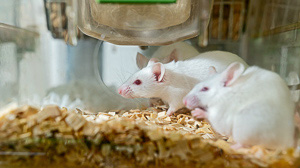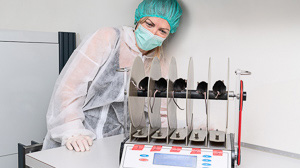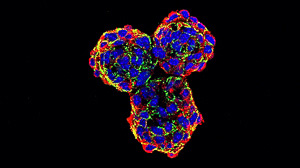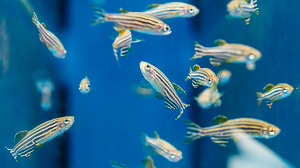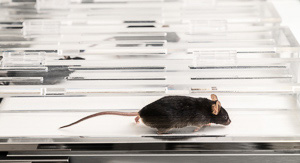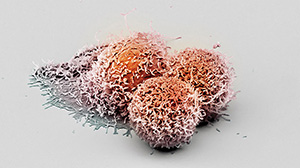Animal Research at the University of Basel
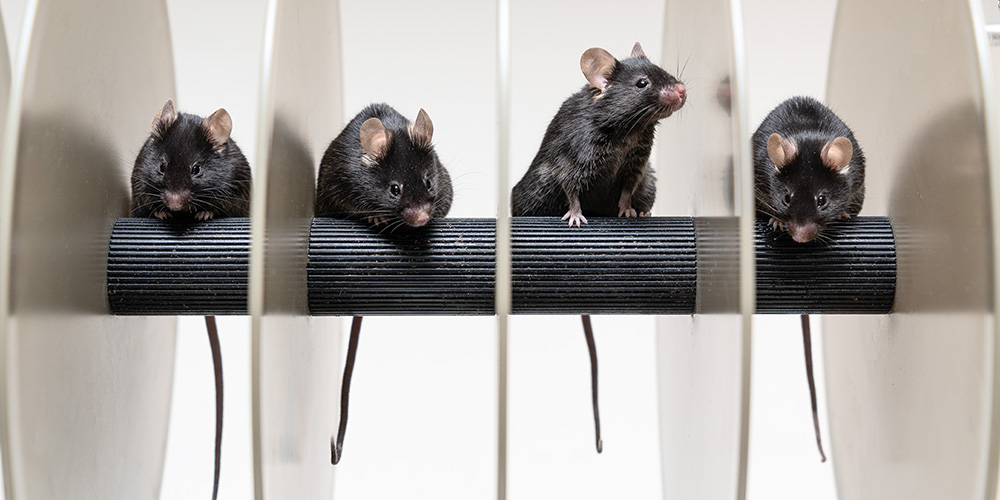
The University of Basel is one of the world’s leading institutions in the field of Life Sciences. Despite great progress in the development of alternative, animal-free methods, animal experimentation remains an indispensable contributor to the success of research projects in this field. At the University of Basel, we maintain a strong commitment to upholding high ethical and animal welfare standards in animal husbandry and experimentation. Our researchers conduct experiments without animals whenever possible.
On the following pages, we provide information on various aspects regarding research involving animals at the University of Basel. We are committed to fostering an open and constructive dialogue with the public on this topic.

